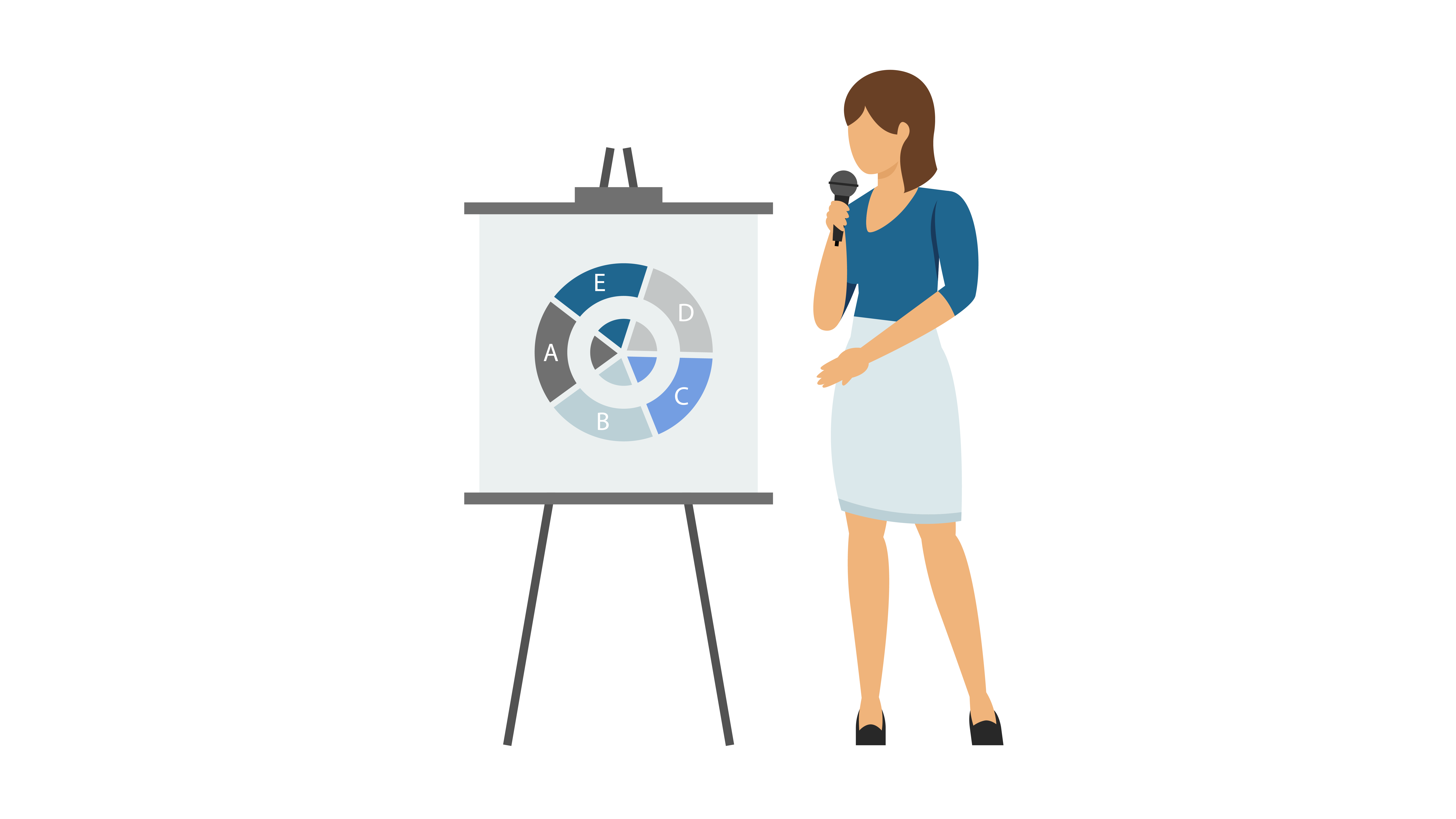All Categories
Featured
Modern businesses require a central location for customer data platforms (CDPs). This is a critical tool. They provide an accurate and comprehensive picture of the customer which can be used to provide targeted marketing and personalized customer experience. CDPs provide a variety of features that include data governance, data quality and formatting. This lets customers be more compliant regarding how their data is stored, used, and access. A CDP helps companies interact with customers and put them at the forefront of their marketing efforts. It is also possible to pull data from other APIs. This article will explore the benefits of CDPs to companies.
customer data platform definition
Understanding the concept of CDPs. A Customer data platform (CDP) is software that allows businesses to collect, store and manage the customer's information from one central location. This gives an exact and complete view of the customer, which can be used to target marketing and personalized customer experiences.
-
Data Governance: One of the key aspects of a CDP is its capacity to categorize, safeguard, and manage information that is in the process of being incorporated. This includes division, profiling and cleansing processes on the incoming data. This will ensure that the business is in compliance with the regulations on data and guidelines.
-
Data Quality: It's vital that CDPs ensure that data collected is of high quality. This means that data must be entered correctly and conform to the required quality standards. This reduces the need for storage, transformation, and cleaning.
-
Data Formatting: A CDP is also utilized to make sure that data is in an established format. This allows data types such as dates to be aligned across customer information and helps ensure consistent and logical data entry. cdp define
-
Data Segmentation Data Segmentation CDP lets you segment customer data in order better understand different customers. This allows you to compare different groups to one another , and to get the correct sample distribution.
-
Compliance CDP: A CDP allows organizations to handle customer data in a legally compliant way. It permits the defining of secure policies, the classification of information based on those policies, and even the detection of policy infractions when making decisions regarding marketing.
-
Platform Selection: There's a wide range of CDPs to choose from, so it's vital to know your needs before choosing the most suitable one. This is a must when considering features such as data privacy and the ability to pull data from various APIs. what is cdp in marketing
-
Put the customer at the center The Customer is the Center of Attention CDP allows for the integration of actual-time customer information. This gives you the instant accuracy of precision, accuracy, and unison which every department in marketing requires to enhance operations and connect with customers.
-
Chat, Billing, and More with the help of a CDP it's easy to gain the background you need for a great discussion, whether it's previous chats, billing, or more.
-
CMOs and big-data: 61% of CMOs think they're not using enough big data, as per the CMO Council. A CDP can assist in overcoming this by providing an all-encompassing view of the customer , allowing the more effective use of data to improve marketing and customer engagement.
With so many various types of marketing technology out there each one usually with its own three-letter acronym you may wonder where CDPs originate from. Despite the fact that CDPs are amongst today's most popular marketing tools, they're not an entirely brand-new idea. Rather, they're the most current step in the evolution of how online marketers handle customer data and client relationships (Cdp Data).

For many marketers, the single biggest value of a CDP is its ability to segment audiences. With the capabilities of a CDP, marketers can see how a single consumer communicates with their company's various brand names, and identify chances for increased personalization and cross-selling. Naturally, there's much more to a CDP than division.
Beyond audience segmentation, there are 3 huge reasons that your business might desire a CDP: suppression, customization, and insights. Among the most intriguing things marketers can do with information is recognize clients to not target. This is called suppression, and it's part of providing really customized consumer journeys (Cdp Product). When a consumer's merged profile in your CDP includes their marketing and purchase information, you can reduce ads to consumers who have actually currently bought.

With a view of every client's marketing interactions connected to ecommerce information, website gos to, and more, everybody across marketing, sales, service, and all your other groups has the possibility to understand more about each consumer and provide more customized, relevant engagement. CDPs can assist marketers attend to the origin of a number of their greatest day-to-day marketing problems (Customer Data Support Platform).
When your data is detached, it's harder to understand your consumers and produce significant connections with them. As the variety of information sources utilized by marketers continues to increase, it's more important than ever to have a CDP as a single source of reality to bring everything together.
An engagement CDP uses consumer information to power real-time customization and engagement for clients on digital platforms, such as sites and mobile apps. Insights CDPs and engagement CDPs comprise most of the CDP market today. Really few CDPs consist of both of these functions similarly. To select a CDP, your company's stakeholders must think about whether an insights CDP or an engagement CDP would be best for your requirements, and research the few CDP alternatives that consist of both. Cdps.
Redpoint GlobalLatest Posts
CDPs and the Role of Data Segmentation in Personalized Marketing
The Role of CDPs in Understanding Customer Behaviour
The Role of CDPs in Reducing Additional Expenses for Data Management